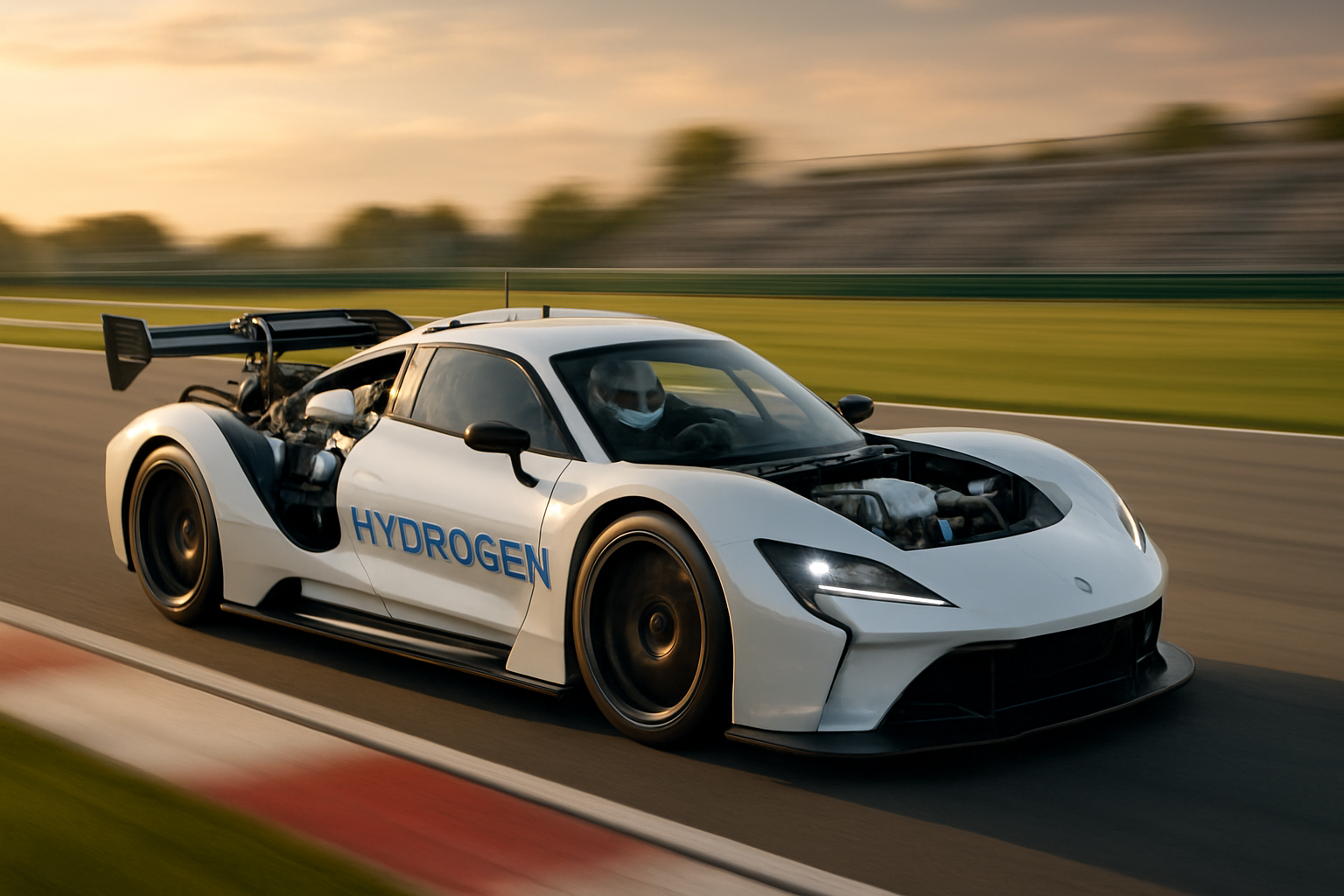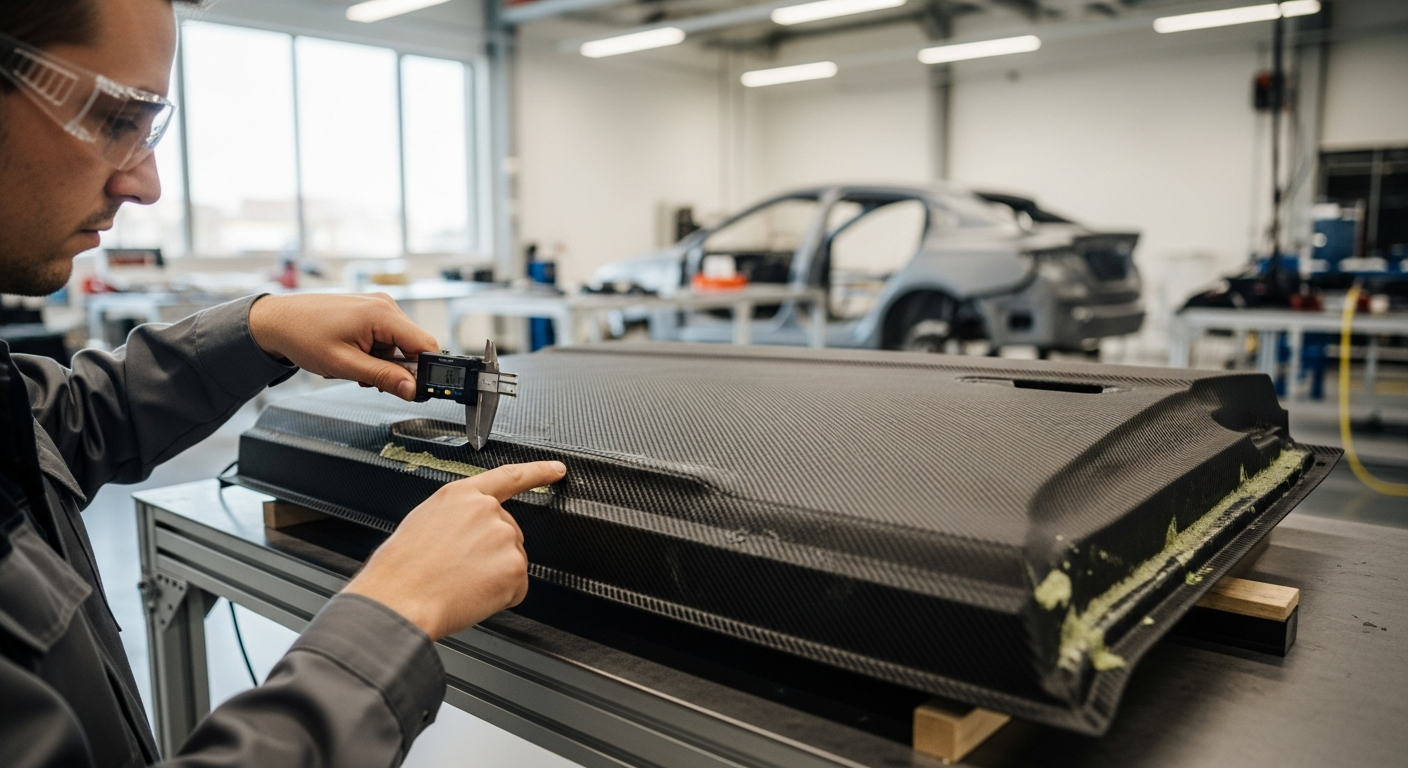Harnessing the Power of Synthetic Fuels in Motorsports
The roar of engines, the smell of burning rubber, and the thrill of high-speed competition have long been hallmarks of motorsports. But as the world grapples with environmental concerns, a new player is emerging on the racing scene: synthetic fuels. This groundbreaking technology is poised to revolutionize the way we think about performance and sustainability in motorsports, offering a tantalizing glimpse into the future of high-octane competition.

The Science Behind Synthetic Fuels
Synthetic fuels, also known as e-fuels or power-to-liquid fuels, are created through a complex process that combines hydrogen and carbon dioxide. Unlike traditional fossil fuels, which are extracted from the earth and refined, synthetic fuels are manufactured in laboratories and production facilities. The process begins with electrolysis, which uses renewable electricity to split water into hydrogen and oxygen. The hydrogen is then combined with carbon dioxide—often captured from industrial processes or directly from the air—in a process called Fischer-Tropsch synthesis.
This synthesis results in a hydrocarbon fuel that can be tailored to specific needs, whether it’s for high-performance racing engines or everyday passenger vehicles. The beauty of synthetic fuels lies in their potential to be carbon-neutral: if the electricity used in production comes from renewable sources and the carbon dioxide is captured from the atmosphere, the fuel’s lifecycle emissions can theoretically be net-zero.
Synthetic Fuels in the Fast Lane
The world of motorsports has always been at the forefront of automotive innovation, and synthetic fuels are no exception. Formula 1, widely regarded as the pinnacle of motorsport technology, has announced plans to introduce 100% sustainable fuels by 2026. This move is part of a broader strategy to make the sport carbon neutral by 2030 while maintaining the high-performance, high-drama racing that fans love.
Other racing series are following suit. The World Endurance Championship, which includes the legendary 24 Hours of Le Mans, has been running cars on renewable fuels since 2022. These fuels, while not fully synthetic, represent a stepping stone towards the adoption of e-fuels in endurance racing. Meanwhile, Porsche has been testing synthetic fuels in its Supercup series, demonstrating the viability of these fuels in high-performance applications.
Performance Without Compromise
One of the most exciting aspects of synthetic fuels is their potential to deliver high performance without sacrificing the raw power and excitement that motorsports fans crave. Unlike some alternative energy solutions, synthetic fuels can be used in existing internal combustion engines with minimal modifications. This means that the thunderous V8s and screaming V12s that have defined motorsports for decades can continue to thrill audiences while significantly reducing their environmental impact.
In fact, synthetic fuels may even offer performance advantages over traditional petroleum-based fuels. Their composition can be precisely controlled, allowing engineers to optimize fuel characteristics for specific engine designs and racing conditions. This level of customization could lead to increased power output, improved fuel efficiency, and even enhanced reliability—all crucial factors in the high-stakes world of motorsports.
Challenges on the Road Ahead
Despite their promise, synthetic fuels face several hurdles on their way to widespread adoption in motorsports and beyond. The primary challenge is cost: currently, producing synthetic fuels is significantly more expensive than refining traditional fossil fuels. This cost disparity is largely due to the energy-intensive nature of the production process and the nascent state of the technology.
Another challenge lies in scaling up production to meet the demands of motorsports and, eventually, the broader automotive market. Current synthetic fuel production facilities are relatively small-scale, and significant investment will be required to build the infrastructure necessary for large-scale production.
There’s also the question of true carbon neutrality. While synthetic fuels have the potential to be carbon-neutral over their lifecycle, achieving this goal requires careful management of the entire production process, from ensuring the use of renewable energy to effectively capturing and utilizing carbon dioxide.
The Ripple Effect: From Racetrack to Road
The impact of synthetic fuels in motorsports extends far beyond the racetrack. As with many automotive technologies, advancements made in the crucible of competition often find their way into everyday vehicles. The development and refinement of synthetic fuels in racing could accelerate their adoption in passenger cars, potentially offering a way to reduce emissions from the existing fleet of internal combustion engine vehicles.
Moreover, the high-profile nature of motorsports provides a powerful platform for showcasing the potential of synthetic fuels. As fans see their favorite drivers competing with these fuels, it could help build public awareness and acceptance of this technology. This could be crucial in driving the political and economic support necessary to overcome the challenges facing synthetic fuel adoption.
The Checkered Flag: A New Era for Motorsports
As we look to the future, it’s clear that synthetic fuels have the potential to usher in a new era for motorsports—one that combines the thrilling performance we love with a commitment to environmental sustainability. While challenges remain, the rapid pace of development and the commitment of major players in the racing world suggest that synthetic fuels will play an increasingly important role in the years to come.
From the screaming engines of Formula 1 to the endurance battles of Le Mans, synthetic fuels offer a way to preserve the heart-pounding excitement of motorsports while addressing the urgent need for environmental responsibility. As this technology continues to evolve, we may find ourselves witnessing not just the next chapter in racing history, but a fundamental shift in how we power our passion for speed and competition.






